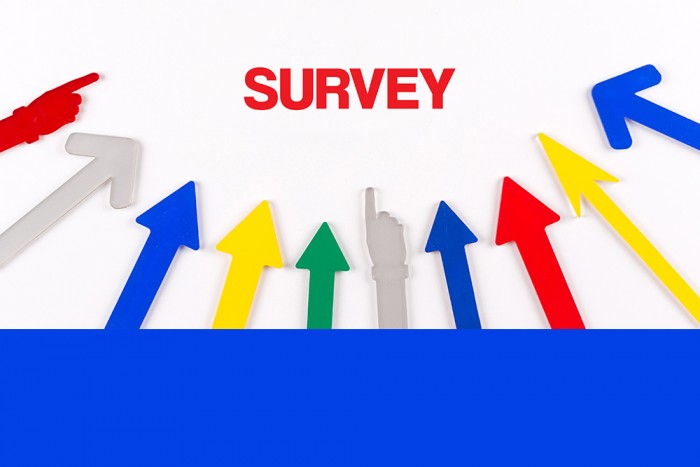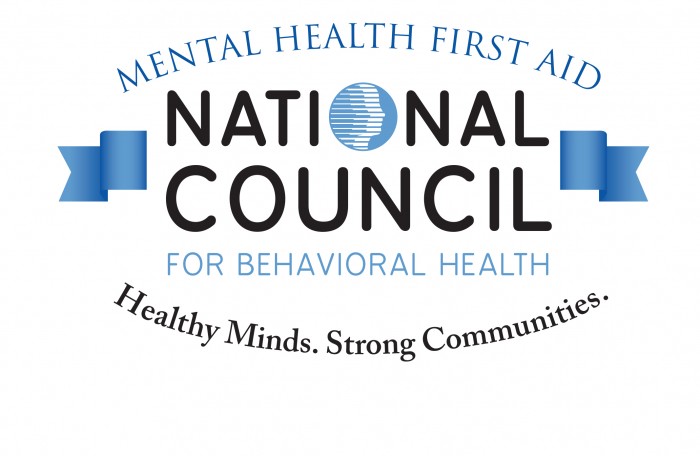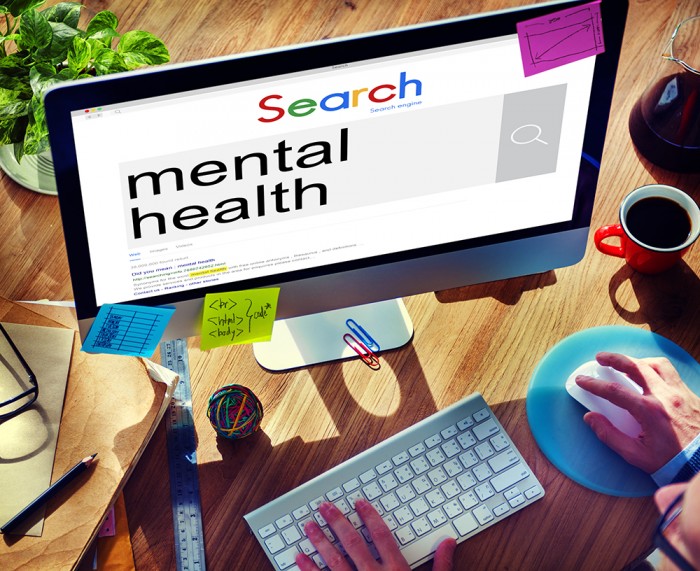“Making Tough Decisions In Turbulent Times: 12 Steps To Creating Your Data-Driven Organization”
Does Your Executive Team Have the Data Needed For Nimble Decision Making?
Join Monica E. Oss, the Chief Executive Officer of OPEN MINDS and Carol Clayton, PhD, the Chief, Translational Neuroscience of Relias for a briefing on surviving the current unexpected financial disruption.
Executives of specialty provider organizations need to embrace a new approach for developing a strategy to move forward. Executives need the right information, on a timely basis, to navigate times of economic turbulence — both now and in the future. Often this vital information exists somewhere in the organization, but it is not integrated for reporting in a format to help drive decision making.
This webinar will take place on Tuesday, May 12, 2020 from 3:00 pm – 4:00 pm
Register online today.
In this session, we will take executives through a rapid-fire process of becoming a data-driven organization.
During this session attendees will review:
- The types of information that are most useful for strategic decision making;
- A field-tested, twelve-step process to move your executive team and your entire organization to data-driven decision making; and
- A case study and examples of best practice performance reporting.

















